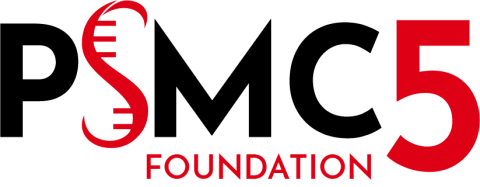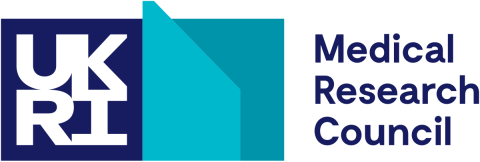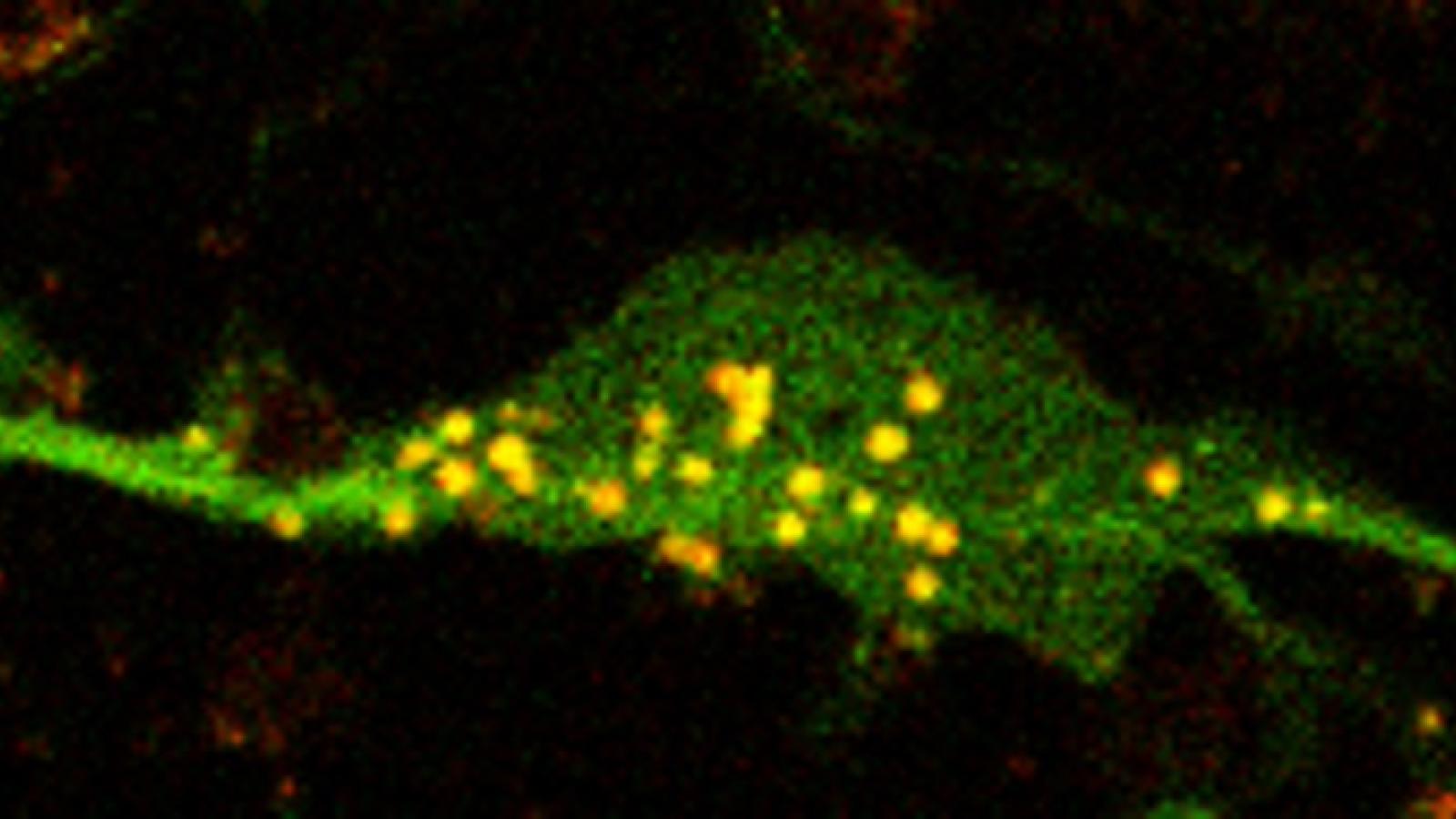Key details
Clearance of toxic proteins in neurodegeneration
Neurodegenerative diseases, such as Alzheimer’s, Parkinson’s and Huntington’s, are associated with the accumulation of particular proteins that form clumps because they are not folded properly.
The goal of the Rubinsztein Lab is to understand the links between these diseases and autophagy — the bulk recycling process that degrades proteins and particular parts of the cell. The team is focused on understanding how autophagy is regulated using several cell and animal models, and possible ways to ramp up this process in order to remove toxic proteins and avoid the development of neurodegenerative disease.
Latest news
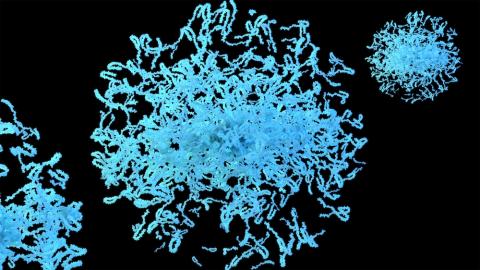


Prof David C Rubinsztein
Prof David C Rubinsztein is a founding Group Leader at the UK DRI at Cambridge. Find out more about his career and expertise on his profile page.
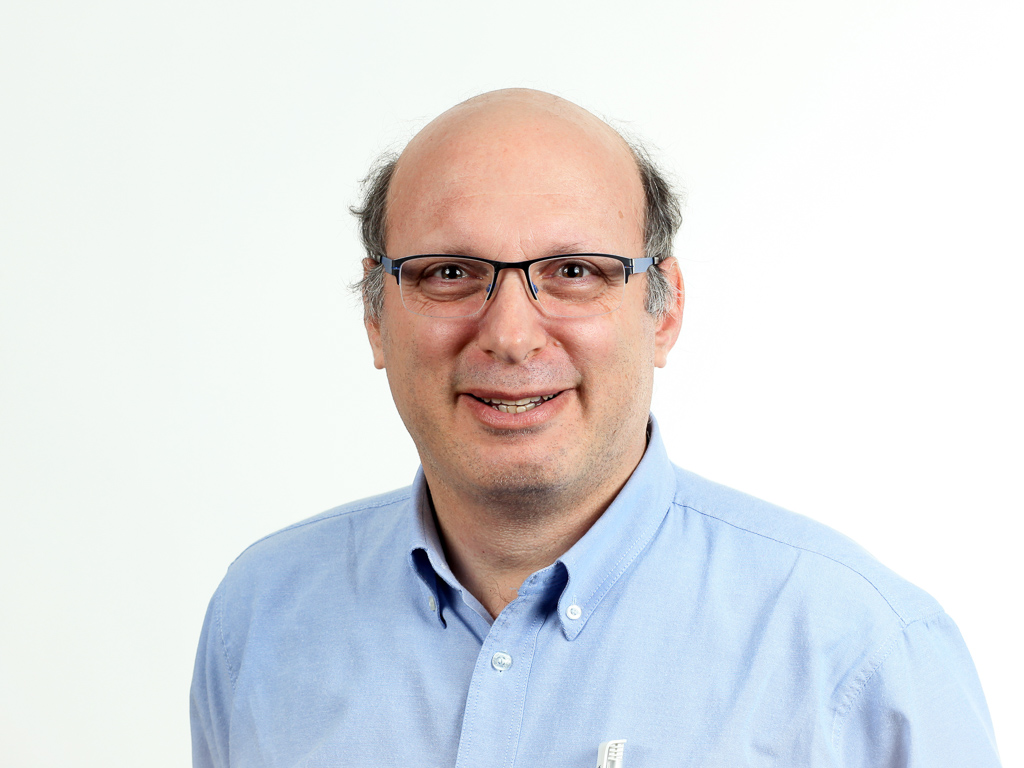
Research summary
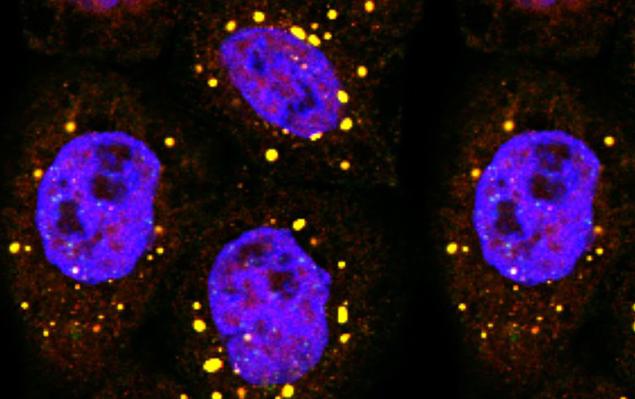
Inclusions of aggregate-prone proteins in cells. Credit: Prof David Rubinsztein
Non-autophagic roles of autophagy proteins in neurodegeneration
Prof Rubinsztein's research aims to advance understanding of autophagy to elucidate disease mechanisms and uncover therapeutic targets for neurodegenerative diseases. His work investigates intracellular protein misfolding and aggregation in conditions such as Alzheimer’s, Parkinson’s, tauopathies, and polyglutamine expansion diseases, including Huntington’s disease and spinocerebellar ataxias. Central to his research is the study of macroautophagy, a bulk degradation process that clears proteins and organelles, and its role in regulating aggregate-prone protein levels.
A significant discovery from the Rubinsztein Lab is that autophagy regulates the levels of intracytoplasmic aggregate-prone proteins, impacting neurodegenerative conditions like Huntington’s and Parkinson’s disease. David's team found that mutations causing these diseases often compromise autophagy, contributing to neurotoxicity and aggregate formation. This led to the introduction of the concept of non cell-autonomous autophagy compromise. Furthermore, his research has shown that toxicity of these proteins can be alleviated by enhancing their removal by autophagy in models of Huntington’s disease and related disorders. Notably, the team identified that inhibiting CCR5 with the FDA-approved drug maraviroc is neuroprotective, suggesting repurposing possibilities for this drug.
Current research efforts in David's lab include investigating non-autophagic roles of autophagy proteins. For example, they are examining how mutations in the autophagy protein WIPI4 enhance cell death via ferroptosis, independent of autophagy. Additionally, the team is exploring the signals that regulate autophagosome formation, focusing on the role of endocytic processes and the RAB11A recycling endosome compartment in capturing substrates for degradation.
Prof Rubinsztein's team is dedicated to leveraging these insights into autophagy biology to elucidate disease mechanisms and identify new therapeutic targets for neurodegenerative diseases.
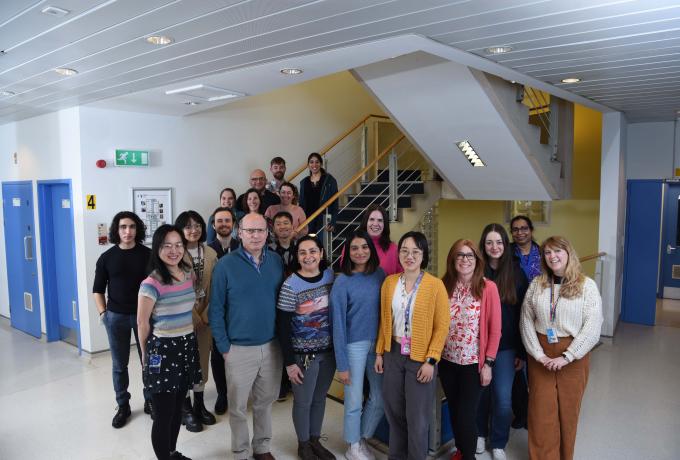
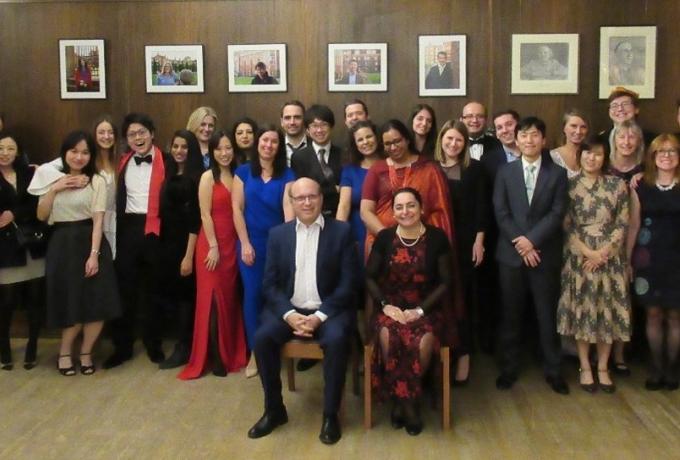
Vacancies
Lab members
- Dr Angeleen Fleming (Postdoctoral Researcher)
- Dr Hee-Yeon Jeon (Postdoctoral Researcher)
- Dr Xinyi Li (Postdoctoral Researcher)
- Dr So Jung Park (Postdoctoral Researcher)
- Dr Claudia Puri (Postdoctoral Researcher)
- Dr Farah Siddiqi (Postdoctoral Researcher)
- Dr Sungmin Son (Postdoctoral Researcher)
- Dr Ye Zhu (Postdoctoral Researcher)
- Dr Antonio Cardoso-Barbosa (Postdoctoral Researcher)
- Dr Fatima Amer Sarsour (Postdoctoral Researcher)
- Dr Jiahui (Jenna) Chen (Postdoctoral Researcher)
- Dr Sarayu Ramakrishna (Postdoctoral Researcher)
- Dr Ana Lopez Ramirez (Postdoctoral Research Associate)
- Matea Rob (PhD Student)
- Jennifer Palmer (PhD Student)
- Chun Sang (PhD Student)
- Michael Takla (PhD Student)
- Ni Summer Yan (PhD Student)
- Pawel Obrocki (PhD Student)
- Sarah Williams (Research Assistant)
- Charlotte Ross (Administrator)
- Olivia Wilson (Student)
Key publications
Collaborators
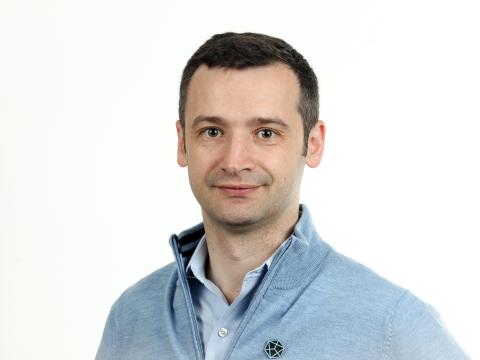
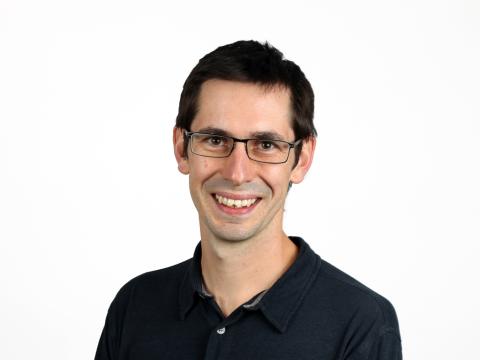
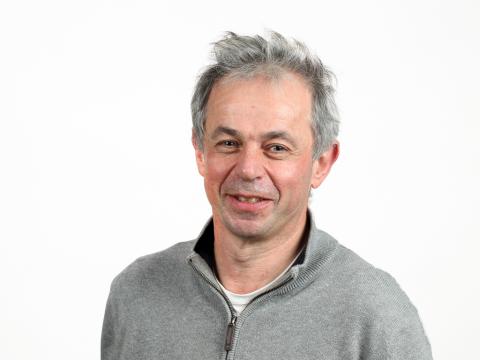
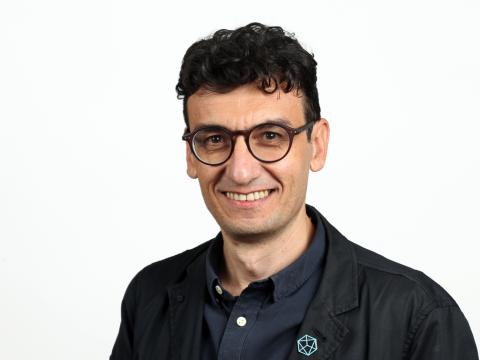
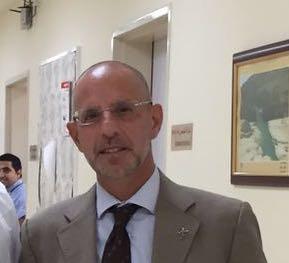
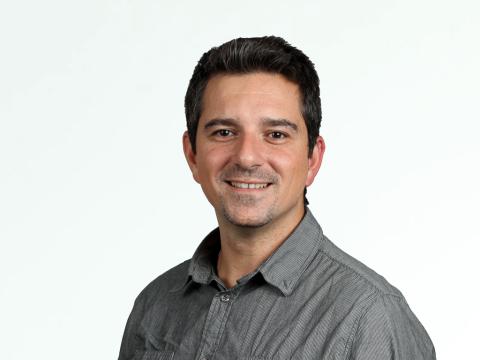
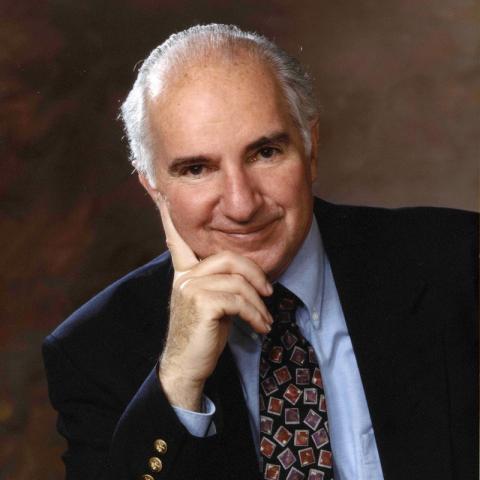
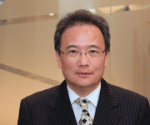

Lab funders
Thank you to all those who fund the Rubinsztein Lab!






